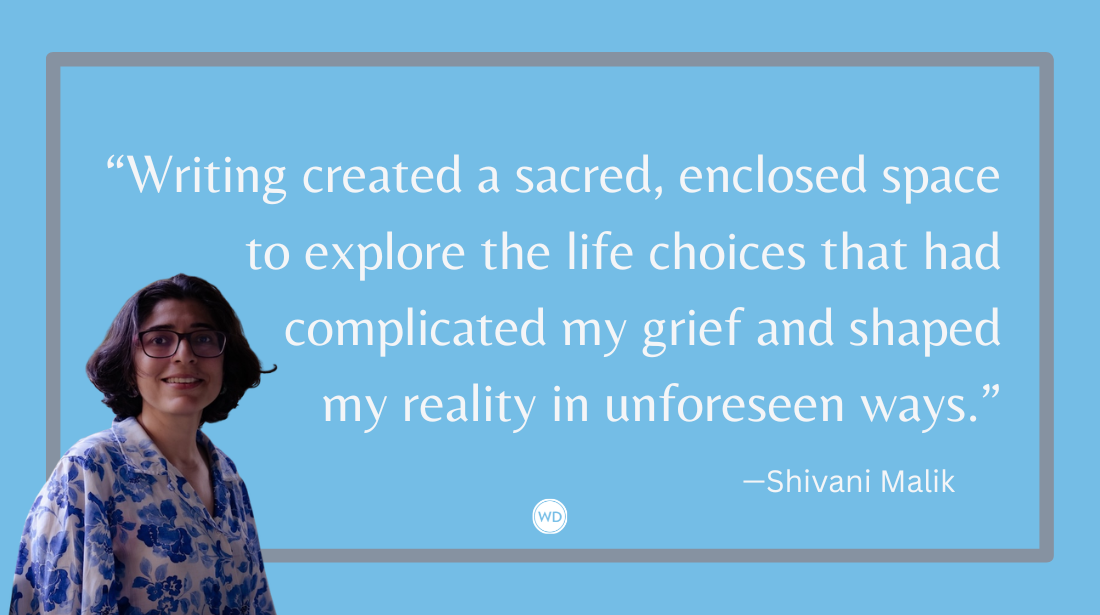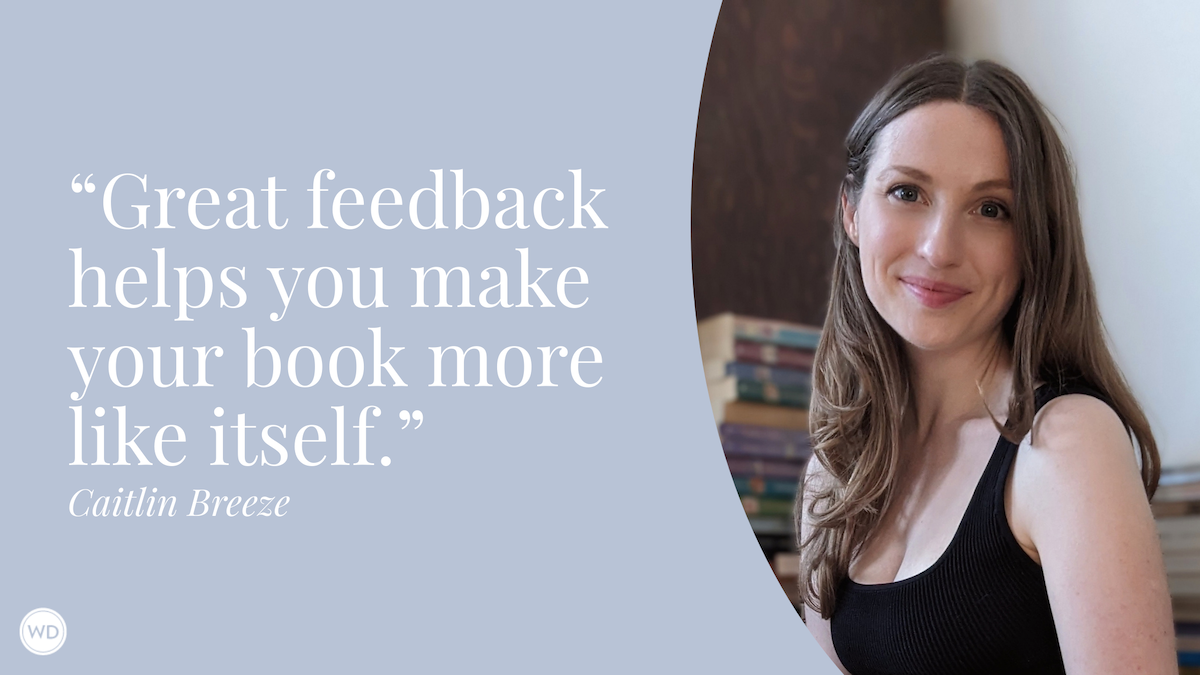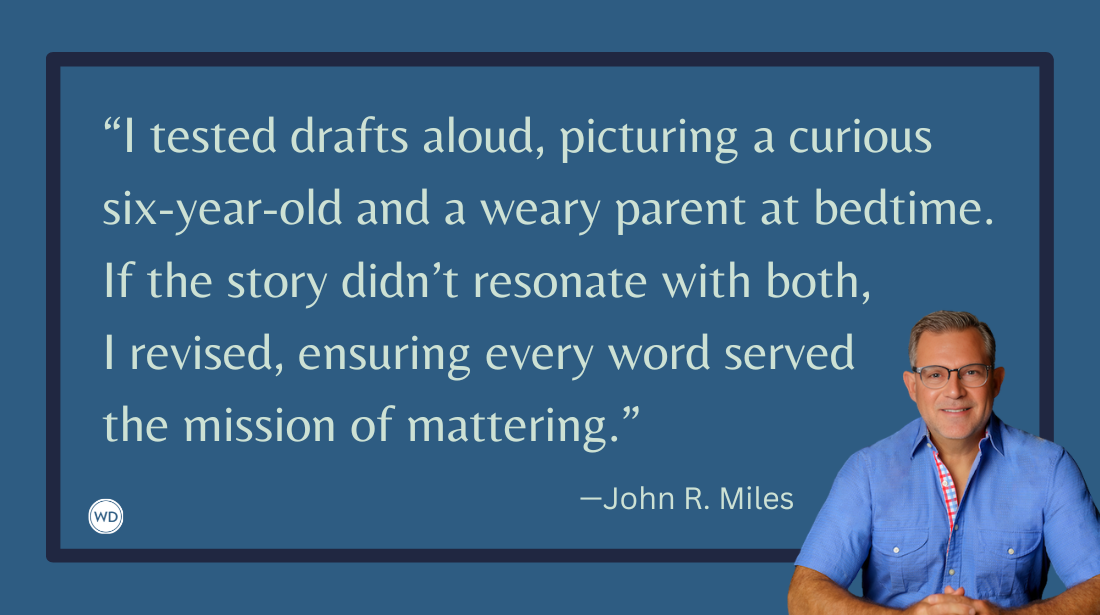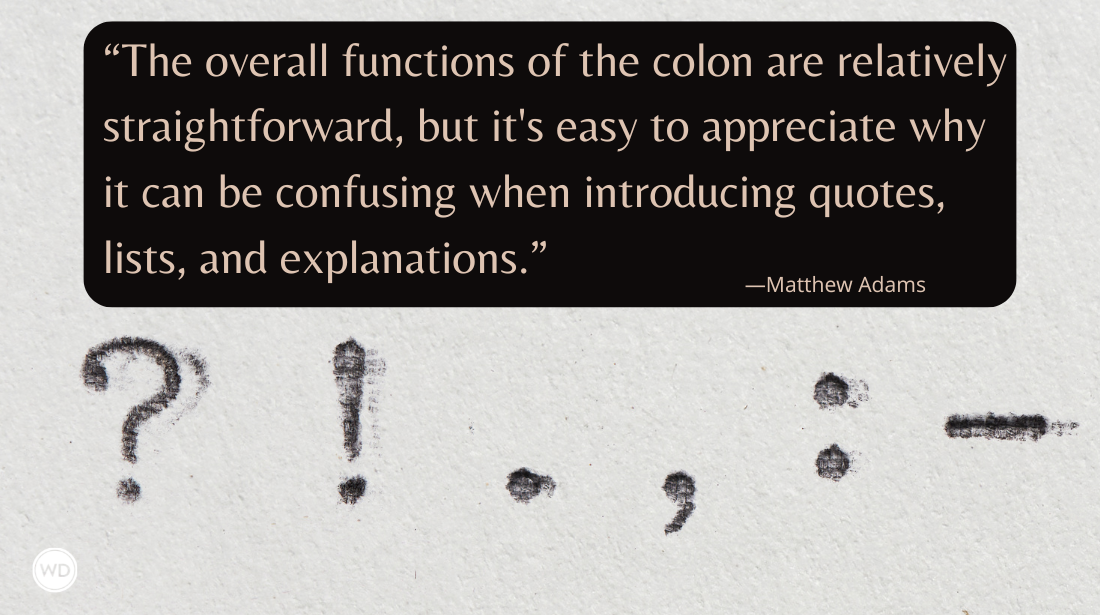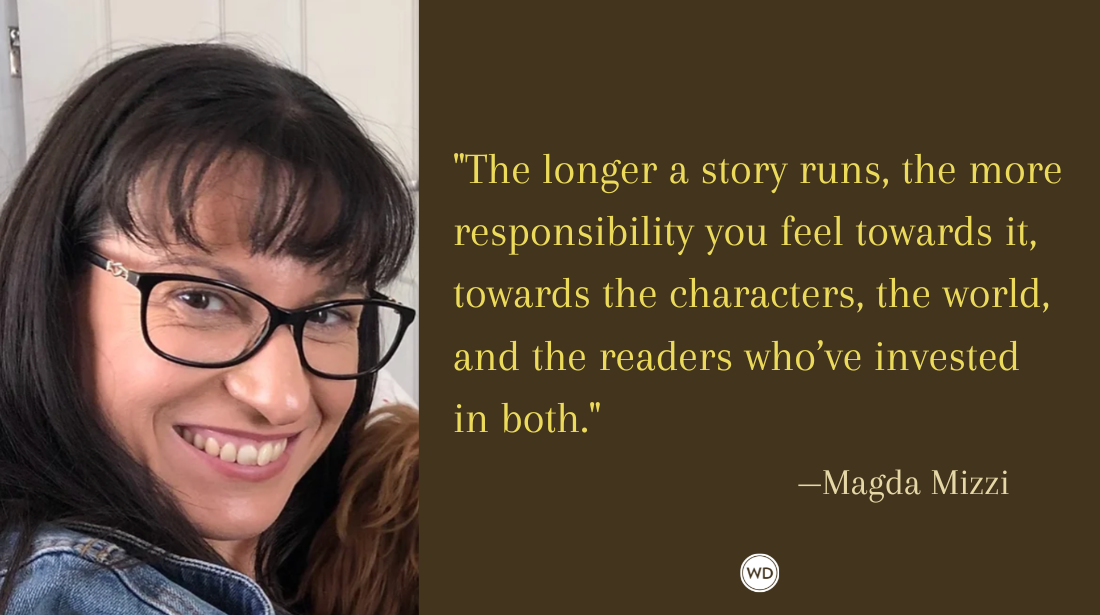Pump Up Your Historical Novel With Historical Surprises
When doing research for historical fiction, adding true-to-life surprises will keep readers turning the pages. Here, author John Winn Miller shares why you should pump up your historical novel with historical surprises.
When I was a journalist, it was “just the facts, ma’am.” As a screenwriter, it was all about the visuals and terse, often misleading dialogue. But a novel, especially historical fiction, has to be about more—a whole lot more. Of course, it needs to be historically accurate with an exciting plot and intriguing heroes and villains.
But in doing research for my debut novel, The Hunt for the Peggy C, I realized there is one thing the masters of historical fiction all bring to the table besides exquisite writing—the element of surprise. Not just in their plots, but in the often-obscure history they reveal. When I read their books, I am constantly delighted to find myself thinking: “What? I had no idea about that.”
These nuggets are not like Easter Eggs sprinkled into stories with hidden meanings or subtle references. Nor are they the jarring endings of a Roald Dahl short story or horrific twists in Gary Jennings’ Aztec (although I love them both). Rather they are fascinating discoveries that, like a mysterious umami, whet your appetite for more. That is why I love historical novels best when I learn something stranger than fiction while being entertained.
For instance, no matter how many volumes of Roman history you’ve read, Colleen McCullough’s Masters of Rome series will likely surprise you. I mean, I knew that pirates had kidnaped a young Julius Caesar. But I had no idea he berated them for asking too small of a ransom for him. Or that he charmed them by joking that he would return and crucify them all. He did, some 500 of them on crosses he forced them to build. All six volumes of her deeply researched series are filled with similar surprises.
Or consider Michael Shaara’s brilliant The Killer Angels about the battle of Gettysburg, probably the most written about of all the Civil War battles. Even if you’ve read quite a few histories by the likes of Shelby Foote or Bruce Catton or James M. McPherson, you will still be amazed at the crucial role played by an obscure (to me) Union colonel named Joshua Lawrence Chamberlain. Almost every chapter that dealt with him was a revelation; as a result, I couldn’t wait to turn the page.
But a writer of historical fiction can’t pull off this kind of magic without meticulous attention to detail. I find it off-putting when writers make factual mistakes or distort history to fit their plots instead of artfully weaving their characters into real history, using astute observations of customs, culture, and character. What do you think makes Hilary Mantel's Wolf Hall such a masterpiece? From the first page, we know how the story is going to end: No matter what happens, Thomas Cromwell is not getting out alive. Yet, her character studies and rich descriptions of the society and politics under King Henry VIII—and, yes, surprises—keep the reader almost breathless for three volumes.
One other thing that great historical fiction writers like Mantel and Gore Vidal—Burr, Lincoln, and Julian—do is get into the heads of actual historical figures, inventing dialogue or paraphrasing their own words, and even putting them in fictional situations or locations. But the authors remain largely faithful to who the historical figures were, what they would say, what they would do, for good or evil.
James Clavell takes that technique to the nth degree in Shogun, the epic tale of an English sailor shipwrecked in feudal Japan. Almost all of his main characters—and there are a whole bunch—are based on real people. The entire book was almost like science fiction. It was an alien world of strange customs, wily samurai and brave women, and complicated and often deadly politics, all wrapped in an astounding culture of beauty and brutality. That’s not to mention the thrilling plot loaded with—you guessed it—historical surprises.
I studied the masters’ techniques and tried to apply them to my novel, about an American smuggler who struggles to rescue a Jewish family on his rusty cargo ship, outraging his mutinous crew of misfits and provoking a hair-raising chase by an unstable U-boat captain bent on revenge. Unfortunately, I had never been on a tramp steamer or a U-boat and didn’t know as much as I thought I did about World War II or the sea. So, I had to do tons of research. That’s when the surprises started popping up, and I just had to figure out a way to use them.
Without giving away too much, here are a couple of examples.
IndieBound | Bookshop | Amazon
[WD uses affiliate links.]
One of the things I stumbled upon was a quote from the Royal Air Force’s Air Chief Marshal Arthur Tedder saying three factors led to winning the 1940 Battle of Britain against the Nazis: the bravery and skill of the pilots, the Rolls Royce-made engines, and “the availability of suitable fuel.”
Fuel? It turns out Tedder was referring to British Air Ministry 100, a 100-octane aviation fuel developed by Sun Oil and Standard Oil of New Jersey. BAM-100 gave Spitfires and Hurricanes 30 percent more horsepower and allowed them to fly 25-34 miles per hour faster than they did over Dunkirk, an improvement in performance that startled and befuddled German pilots, who were stuck using the less efficient 87-octane fuel, derived mainly from coal.
Another discovery was that Hitler had pirates roaming and pillaging on the Seven Seas, an idea that originated during World War I by then Lord of the Admiralty Winston Churchill. Britain’s top-secret Q-ships were heavily armed warships disguised as harmless merchant vessels to lure unsuspecting U-boats to the surface in the range of fire. They were credited with sinking 15 U-boats. During World War II, the Nazis called their nine disguised surface raiders Auxiliary Cruisers; others called them “Hitler’s Pirates.” They were the bane of merchant ships, armed or not, on the Seven Seas, collectively sinking or capturing 140 ships totaling close to a million tons.
So, if you want to kick your historical fiction writing up a notch, remember the famous saying of the great philosopher on The Andy Griffith Show, Gomer Pyle: “Surprise, surprise, surprise!”
John Winn Miller is a former award-winning investigative reporter, foreign correspondent, editor, newspaper publisher, screenwriter, indie movie producer, and novelist. He lives in his native Lexington, KY, with his wife Margo, a potter and former college English instructor, two standard poodles, and a Maine coon cat. Their daughter, Allison Miller, is an actress-screenwriter-director currently starring in the ABC series A Million Little Things. His debut novel, The Hunt for Peggy C, is available now.




